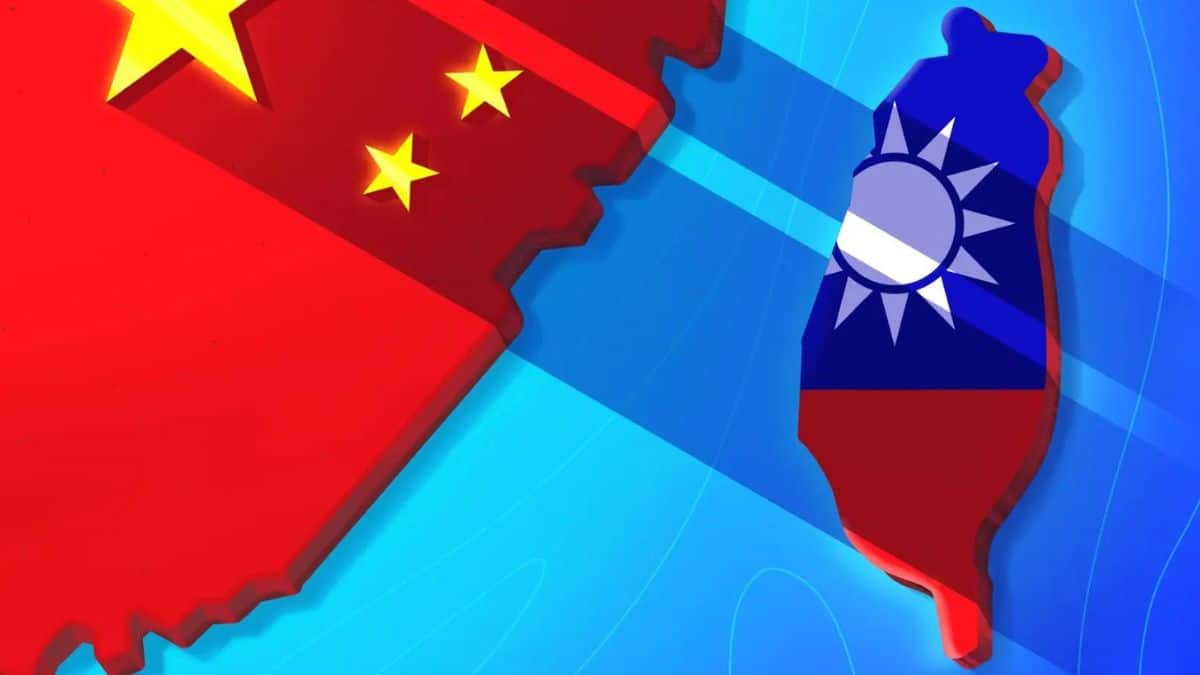In recent months, Taiwan has faced a surge in espionage allegations involving military personnel accused of spying for China, heightening tensions in the already strained relationship between the two entities. These cases include accusations of soldiers accepting bribes from Chinese agents to create videos pledging loyalty to China, as well as a retired army colonel found guilty of delaying his retirement and serving as a spy in exchange for substantial payments.
The geopolitical backdrop is crucial: the Chinese Communist Party (CCP) claims Taiwan as a province of China, while Taiwan asserts its sovereignty and democratic identity. The heightened espionage activities align with increased Chinese efforts, under President Xi Jinping, to assert influence over Taiwan through various means, including military actions, cyber warfare, economic coercion, and espionage.
Taiwanese Defence Minister Chiu Kuo-cheng acknowledged the substantial impact of Beijing’s intelligence service in recruiting individuals, often employing tactics ranging from lavish gifts and overseas trips to financial incentives and even sexual enticements. The cases reveal a sophisticated network of Chinese spies targeting not only military personnel but also politicians, community leaders, and individuals within the president’s protection detail.
The scale of espionage is concerning, with the Taiwanese government estimating more than 5,000 spies operating for China in Taiwan as of 2017. Dr Shen Ming Shih, a researcher, suggests that recruitment motivations vary, encompassing ideological beliefs, financial incentives, and personal grievances. Notably, the focus is shifting from retired generals to active-duty officers and soldiers, aiming to assess the military’s combat capability, morale, and support for the ruling party.
The espionage cases have gained prominence in the lead-up to Taiwan’s presidential election, with the Democratic Progressive Party emphasizing its stance against Beijing’s aggression. Analysts note increased cooperation between the traditionally closed-off ROC military and prosecutors, indicating a more concerted effort to address the issue. The government has responded by strengthening national security laws, intensifying questioning of key personnel, and imposing stricter restrictions on retired officers’ visits to China.
Despite these countermeasures, the threat remains real, emphasizing the ongoing race between China’s attempts to infiltrate Taiwan and Taiwan’s efforts to thwart espionage activities. The situation underscores the complex dynamics surrounding Taiwan’s identity, and loyalty, and the persistent challenges it faces in maintaining its autonomy amid escalating pressures from the Chinese mainland.

